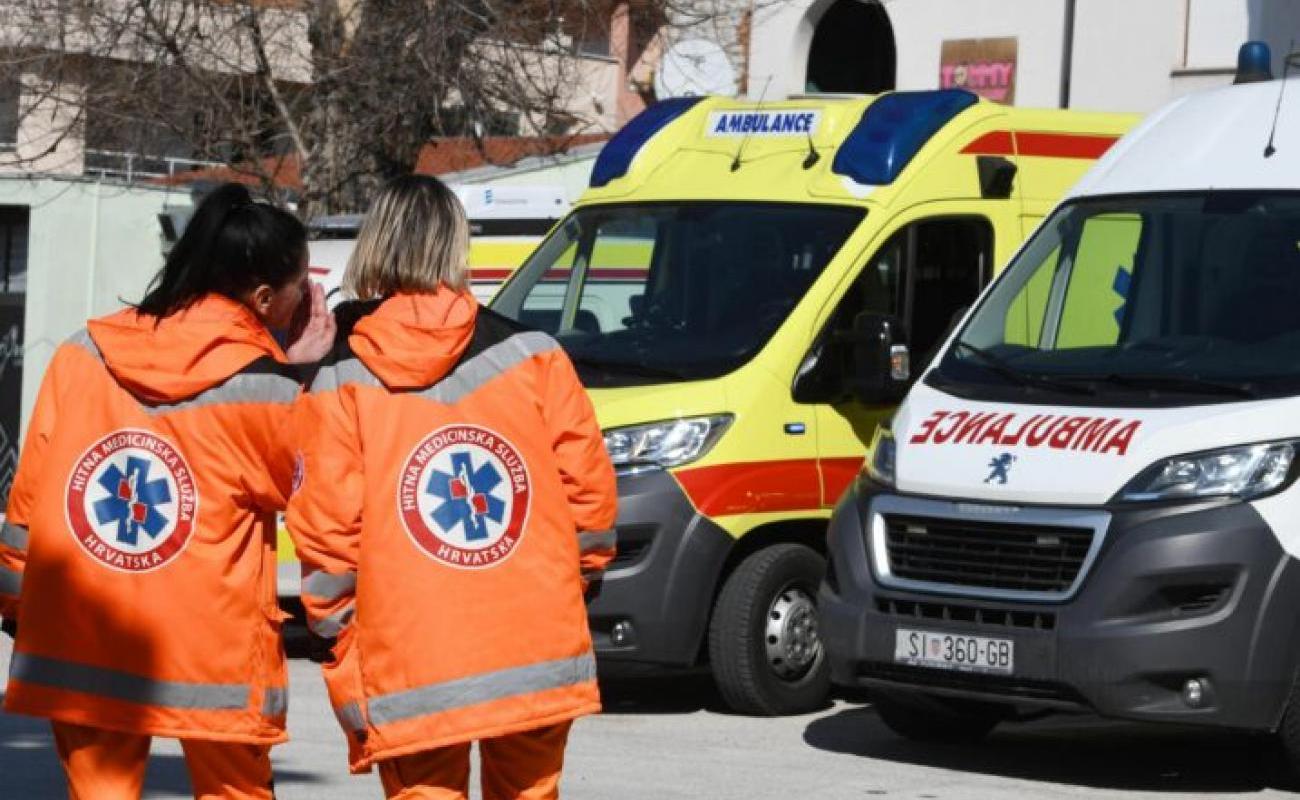Paramedic Ambulance Specialisation to be Introduced for Nurses in Croatia

November 13, 2022 - Next year, the specialist training of nurses and technicians for independent work in the emergency service will begin, who, following the model of the paramedic system in Western European countries, will be able to provide first aid to victims in the field independently, without the presence of a doctor.
"It is the first such specialisation of nurses in Croatia. They will receive greater competence and authority; they will be able to independently resuscitate a patient and administer certain medications, following the example of paramedics in Western European countries who can independently provide first aid and administer resuscitation therapy," explained Mario Gazić, president of the Croatian Chamber of Nurses, to Hina, reports Zadarski List.
E-consultation has just been completed on the Proposal for a new regulation on the specialist training of bachelor's degrees in nursing in the field of emergency medicine.
The out-of-hospital emergency medical service in the field consists of team T1, which includes a doctor, nurse/technician, and driver, and team T2, without a doctor, but in the future, after their specialisation training, additional trained nurses and technicians with greater authority should work in it and be able to provide first aid independently.
The training will last one year, and the first call for applications for specialisations is expected by the end of this year.
The Croatian Institute for Emergency Medicine (HZHM) says that for a three-year period, one hundred million kuna of European funds have been secured for the education of 375 bachelor's degrees in nursing. The paramedic system works in most Western European countries, and professional associations have been advocating its introduction in Croatia for years.
Gazić points out that nurses and technicians in the emergency service team will receive greater competence and authority but also greater responsibility, so they must raise the salary coefficient.
He points out that for specialists, the coefficient should be at least 1.37 instead of the current 1.16, so their salaries should increase from HRK 1,500 to HRK 2,000.
Specialist training
Participants of the specialisation should attend 1,600 hours of classes in one year of education.
The theoretical part will take place at colleges and universities, and the practical part, under the supervision of a mentor, in institutes for emergency medicine and hospitals. In the end, they will take the final specialist exam to determine that the participant has acquired all the knowledge and skills prescribed by the program.
"In the emergency medical system, there is an interest in specialist training, and we believe that nurses and technicians, as well as their employers, will take advantage of this opportunity for quality education, for which European funds have been secured," said HZHM.
As an added value, they cite other complementary projects such as the project "Telemedical connection of emergency medical service vehicles with a unified emergency hospital reception," through which the employees of the outpatient emergency medical services will be able to receive a telemedical consultation from a specialist doctor at any time to take care of the patient as well as possible until they arrive at the hospital.
The Chamber of Nurses believes that the possibility of specialist training could prevent nurses and technicians from going to work abroad.
"Several other specialisations in the field of nursing are being developed, which will enable higher incomes with additional incentives. So far, about 20 proposals from professional societies on specialisations for nurses have been collected," Gazić pointed out.
